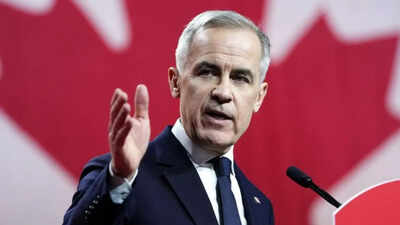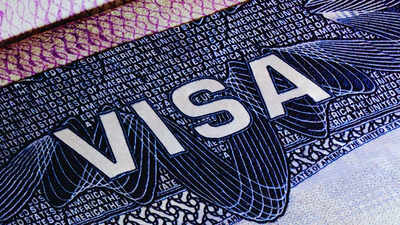Mike Huckabee Begins Tenure as U.S. Ambassador to Israel with Visit to the Western Wall

TEL AVIV, Israel This week marked the arrival of Mike Huckabee, the newly confirmed U.S. Ambassador to Israel, a position that carries immense diplomatic weight and significance. His first official act as ambassador took place on Friday when he visited the Western Wall in Jerusalem, a site revered in Judaism and considered one of the holiest places for the Jewish people. As he approached the ancient limestone wall, Huckabee took a moment to touch its surface and bowed his head in a solemn prayer.
During his visit, Huckabee revealed that he had been given a personal mandate from President Donald Trump to insert a handwritten prayer into the wall. This prayer, he stated, was a special request from the president himself, symbolizing not only his support for Israel but also a deep personal connection to the land. The Wall serves as a remnant of the Second Temple, which was destroyed by the Romans nearly 2,000 years ago. It is customary for many visitors to place written prayers in the crevices of the wall, a tradition believed to elevate their hopes and wishes to God.
The prayer that Huckabee placed into the wall read, "For peace in Israel," and was signed with the initials D.T., a clear reference to Donald Trump. Huckabee expressed his feelings about this act, stating, "What an honor it is for me to come on behalf of the president of the United States, President Donald Trump, and to present a prayer that he handwrote, gave to me last Thursday at the White House, with the instruction that my first act as ambassador would be to take his prayer praying for the peace of Jerusalem and to bring it to the wall, and to pray that there would in fact be, peace in the land." This sentiment echoes a broader desire for stability and harmony in a region often marred by conflict.
Huckabees arrival in Israel comes on the heels of significant diplomatic developments. In 2017, President Trump made headlines worldwide by moving the U.S. embassy from Tel Aviv to Jerusalem, officially recognizing the city as Israel's capital. This action drew both praise and criticism, particularly from Palestinian advocates who assert that East Jerusalem should serve as the capital of a future Palestinian state. The complexities surrounding the status of Jerusalem are emblematic of the larger Israeli-Palestinian conflict, which has persisted for decades.
A staunch supporter of Israel, Huckabee has not shied away from controversial stances. He has previously voiced opposition to proposals aimed at negotiating a ceasefire with Hamas, the militant group that governs the Gaza Strip, and has referred to unauthorized settlements in the occupied West Bank as "communities," a term that many critics argue downplays the contentious nature of such settlements.
Prior to his ambassadorship, Huckabee served as the Governor of Arkansas and was a candidate in the Republican presidential primaries. His background as a Baptist minister has influenced his strong ties to evangelical Christian support for Israel. He has also led numerous tours under the banner of "The Israel Experience," guiding groups to significant Biblical and historical sites, including the Sea of Galilee and the Old City of Jerusalem. His deep personal and religious connection to the land is evident in both his actions and rhetoric.





























